Step by step perfecting the legal framework
The 9th session of the 15th National Assembly passed the Law on Science, Technology and Innovation (S&I) 2025, creating a solid and breakthrough foundation to attract talent, promote the development of S&T, STI and digital transformation (DT). The law was built closely following the guiding views in Resolution No. 57-NQ/TW of the Politburo on the development of S&T and STI in the new situation.
The Law on Science , Technology and Innovation has created a transparent legal corridor, empowering scientists with intellectual property, finance, and commercial exploitation rights, while allowing flexible remuneration mechanisms, including those exceeding the salary framework. The law also provides financial and non-financial policies to attract high-quality human resources, especially Vietnamese experts abroad.
The National Assembly also passed the Law on Digital Technology Industry, specifying development policies, including incentives for the semiconductor industry, laying a legal foundation for artificial intelligence and digital assets.
The new laws open up a mechanism of "going beyond the framework", but the specific level and scope of practical application will need to be clearly defined in the implementation guidance documents. The Ministry's representative assessed that the new regulations will only be truly effective when there are decrees and circulars guiding them, ensuring consistency with other regulations such as the Budget Law, the Civil Servants Law... with simple and flexible procedures. The regulations will not be effective if the procedures are cumbersome and lack flexibility.
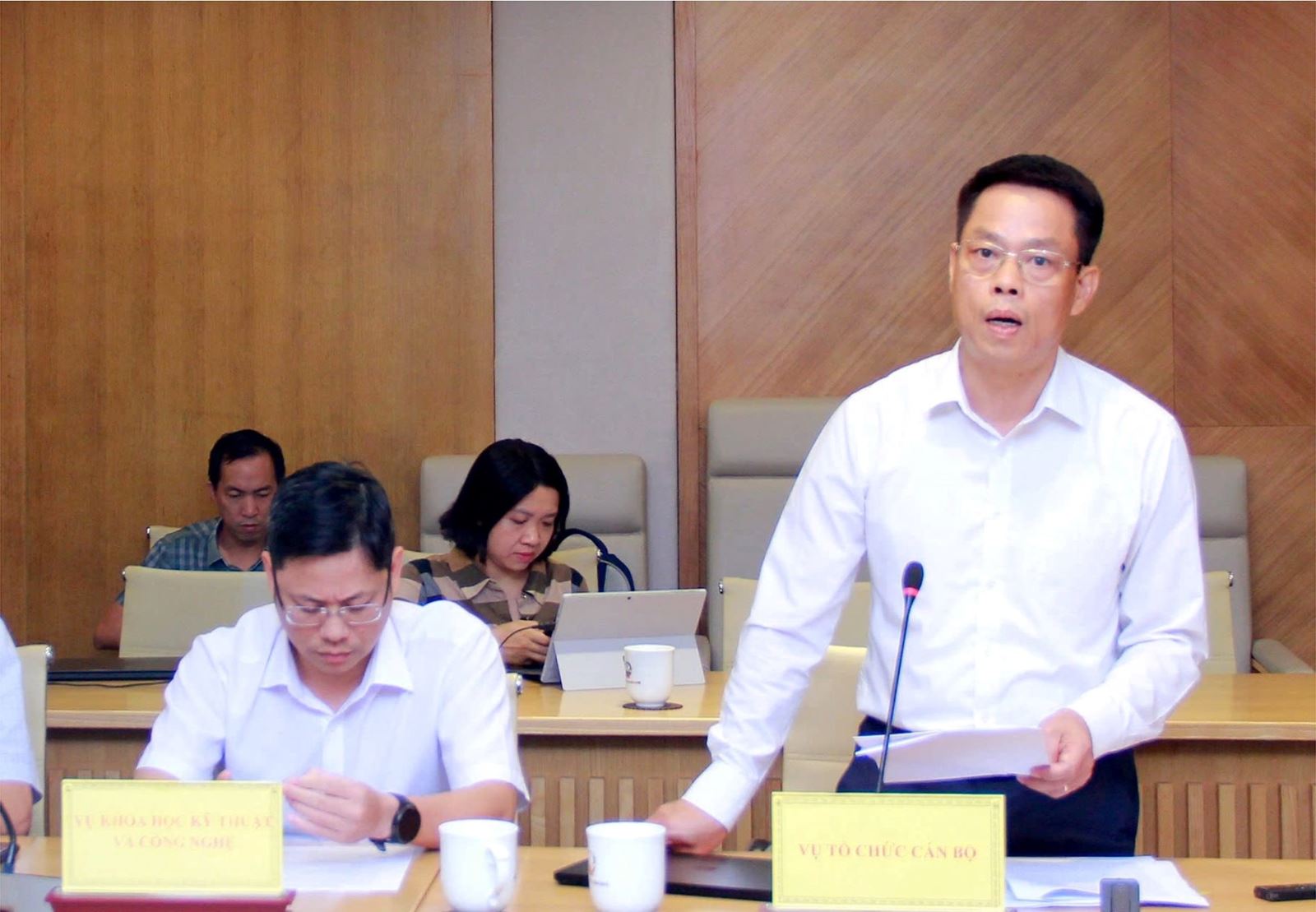
Mr. Mai Anh Hong, Deputy Director of the Department of Personnel Organization (TCCB), said that the Ministry of Science and Technology is actively implementing the Strategy for attracting talent to 2030, with a vision to 2050.
Despite improvements, the level of financial compensation for scientists in Vietnam is not competitive compared to developed countries. Non-financial factors such as professional research environment, facilities, working culture, and career development opportunities are important factors that need to be improved synchronously.
In addition, the flexible remuneration mechanism, exceeding the framework, is still a matter of principle. The new Laws open up the "exceeding the framework" mechanism, but the specific level and scope of application of this mechanism in practice need to be clearly defined in the documents guiding the implementation of the Law.
Mechanisms and policies to attract talent
Mr. Mai Anh Hong said: The Ministry of Science and Technology has determined that in science, technology, innovation, and digital transformation, high-quality human resources and talents are decisive factors that cannot be attracted by rigid policies. Exceeding the salary framework, providing housing, working conditions... should not be considered "privileges", but rather the minimum conditions for those capable of creating breakthroughs to feel secure in their work.
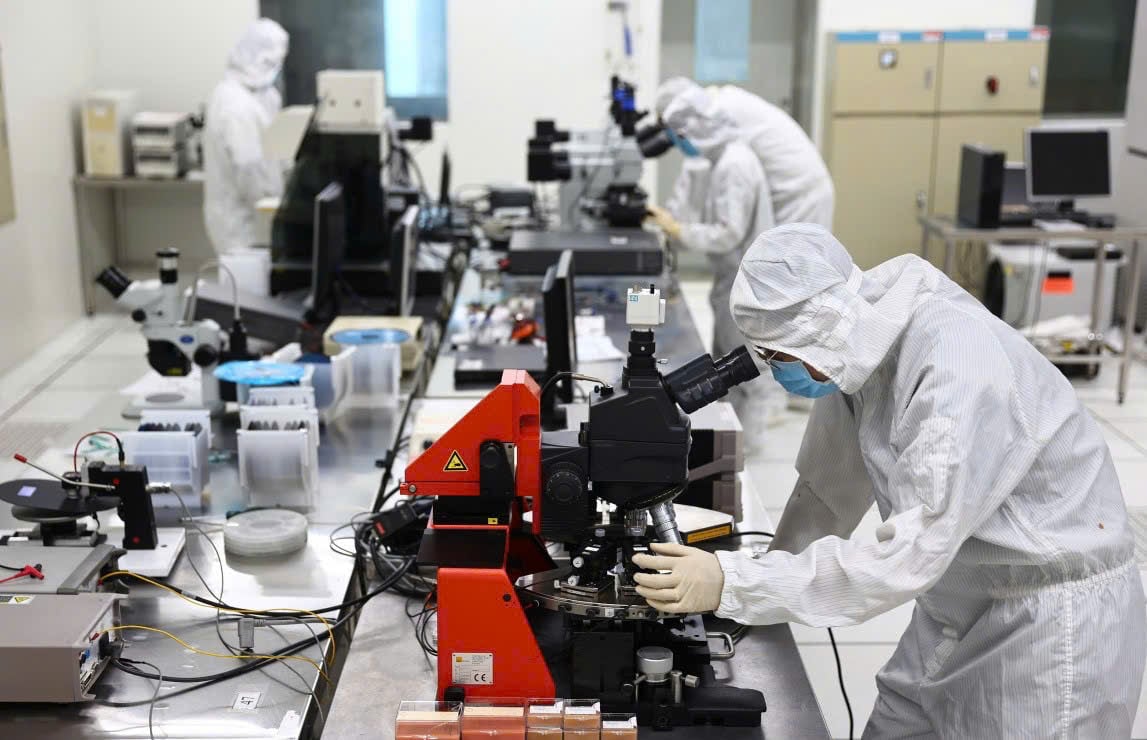
To concretize the spirit of Resolution 57, the Law on Science, Technology, Innovation, and Human Resources, the Ministry of Science and Technology focuses on developing and promulgating specific regulations on risk acceptance mechanisms; autonomy mechanisms for public science and technology organizations; outstanding incentive policies for developing the semiconductor industry; policies to attract, use and promote talents and high-quality human resources; and regulations on sharing benefits from research results.
The Ministry of Science and Technology has developed and implemented the Project "Developing and utilizing talents and high-quality human resources to serve the development of science, technology, innovation and national digital transformation"; developed national programs with specific goals to attract Vietnamese scientists working abroad, as well as experienced foreign experts.
"These programs may include special financial support packages, superior working conditions and clear career development opportunities," said Mr. Mai Anh Hong.
The Ministry of Science and Technology has also invested in infrastructure and research environment by upgrading key laboratories and research centers to international standards, building high-tech zones and technology incubators. The Ministry promotes the connection between research and enterprises by strongly encouraging enterprises to invest in research and development, cooperate with research institutes and universities to apply scientific results to production and business practices; and develop markets for scientific and technological products.
In addition, the leader of the TCCB Department said that the Ministry of Science and Technology will promote international cooperation and technology transfer; create conditions for Vietnamese scientists to participate in international projects and global research networks, and attract large technology corporations to set up research and development centers in Vietnam.
The Ministry will minimize administrative barriers, ensuring maximum autonomy for scientists; providing resources (finance, equipment, database) for research and testing activities. Along with that, instead of focusing on procedures, the Ministry will conduct evaluation based on efficiency and products, focusing on output results, international publications, patents, and valuable commercialized products.
Mr. Mai Anh Hong said: "New mechanisms and policies, especially the Law on Science, Technology and Innovation, and the Law on Digital Technology Industry, are expected to create a truly attractive environment, an important premise to attract, retain and maximize the potential of talents, bringing strategic breakthroughs to Vietnam's key technology fields."
According to Mr. Tran Anh Tuan, Director of the Hanoi Department of Science and Technology, implementing Resolution 57-NQ/TW and the Law on Science, Technology and Innovation, the Law on the Capital, there are 6 draft Resolutions that will remove bottlenecks in scientific research, innovation and startups; including the draft Resolution of the City People's Council detailing a number of specific policies for the development of science, technology and innovation in Hanoi and the Resolution regulating mechanisms and policies on investment and support for the development of the local innovation and startup ecosystem...
Source: https://doanhnghiepvn.vn/cong-nghe/thu-hut-nhan-tai-khoa-hoc-cong-nghe-bang-co-che-vuot-khung/20250808072316880








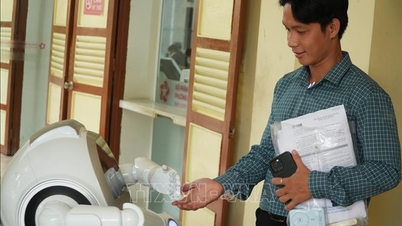

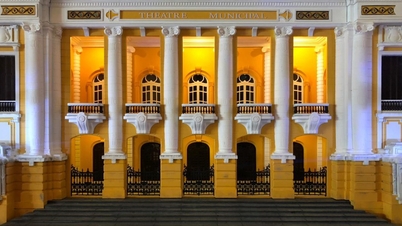

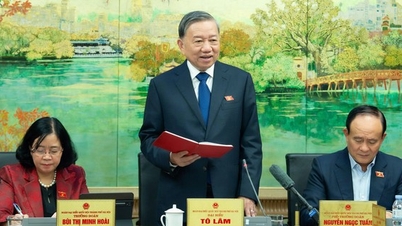



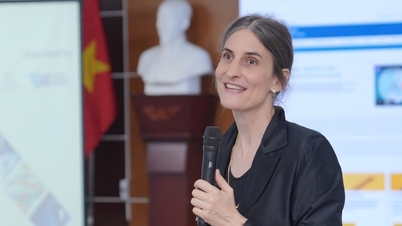
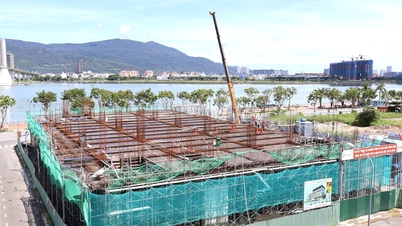




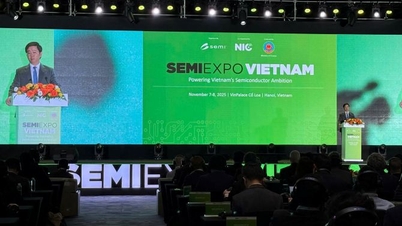














![[Photo] Da Nang: Hundreds of people join hands to clean up a vital tourist route after storm No. 13](https://vphoto.vietnam.vn/thumb/1200x675/vietnam/resource/IMAGE/2025/11/07/1762491638903_image-3-1353-jpg.webp)








































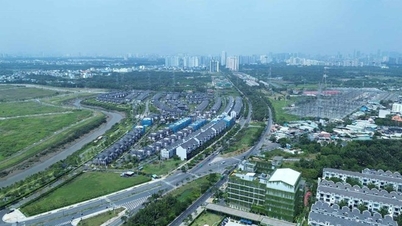

















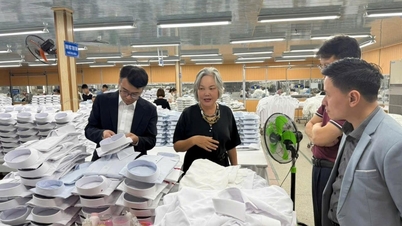

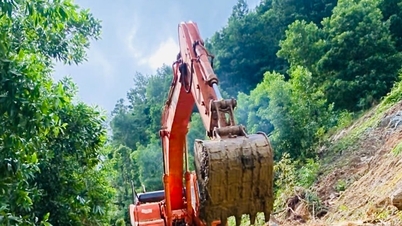
















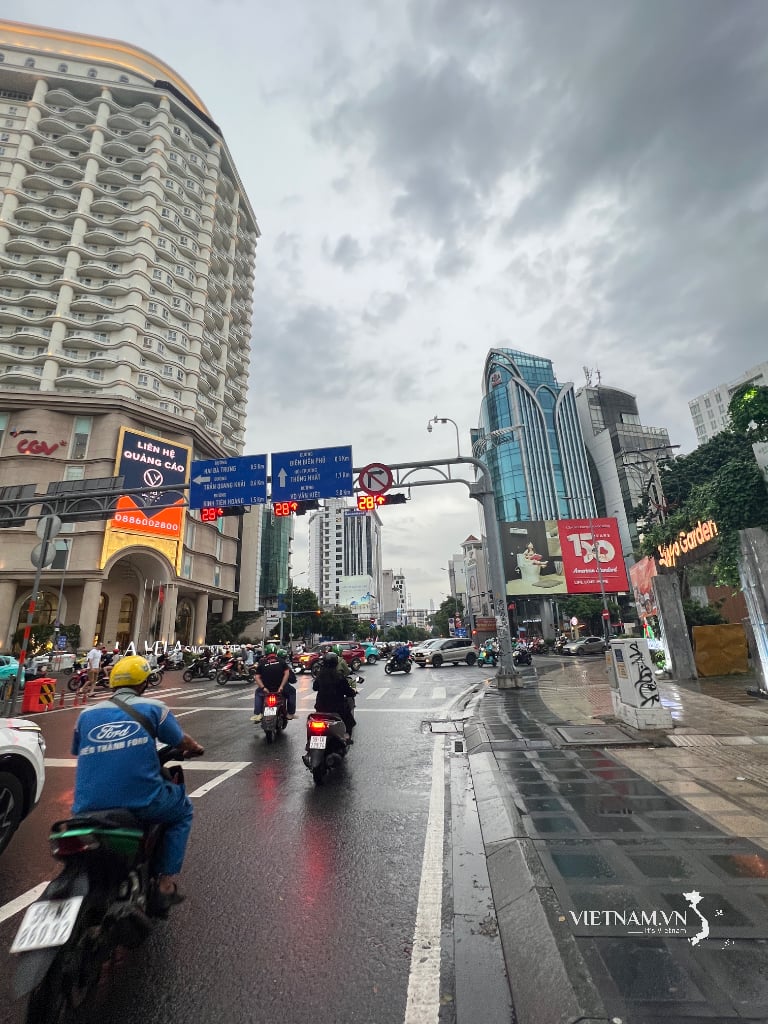
Comment (0)